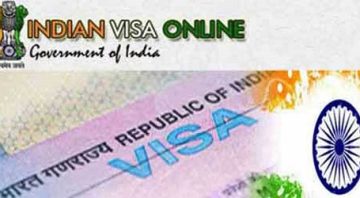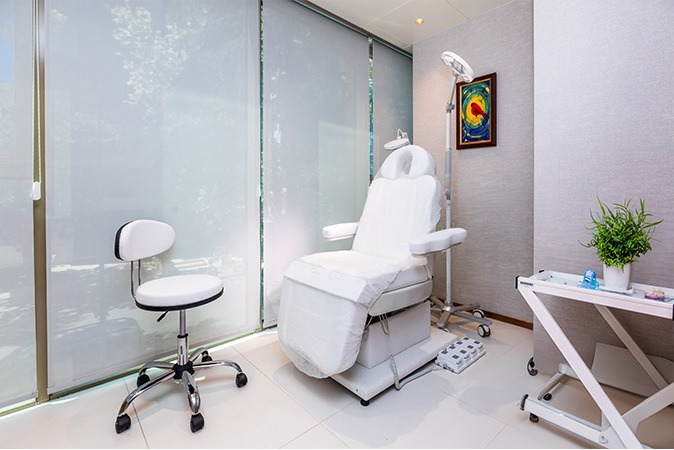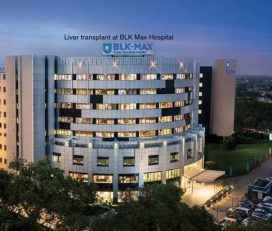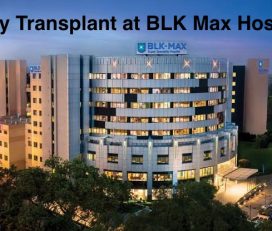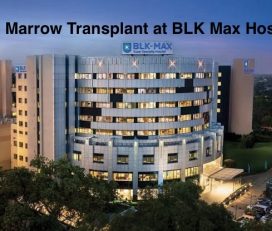
Medical tourism in South Africa
Africa is both a source and destination for patients who are part of a global phenomenon known as health tourism or medical tourism. The behavior of traveling abroad for health care is already too late, unavailable, unable to pay, or prohibited in its own country of origin.
Medical tourists can be categorized into two types:
- First, the usual North-South medical tourists from Europe and North America travel to get treatment in South Africa’s world-class private medical facilities. The country is also marketed by medical tourism operators, entertainers, and service providers as a cosmetic surgery destination with accompanying tourist experiences (such as a gambling game).
- It has also become a hub for fertility treatment and detox and one of the best destinations for transplant and stem cell tourism.
- The second one is medical tourists from within Africa. Recently, South Africa has become a destination for middle-class “medical tourists” from other African countries. More significant numerically is the use of public health facilities funded by the South African government by medical tourists from neighboring countries for various health needs.


